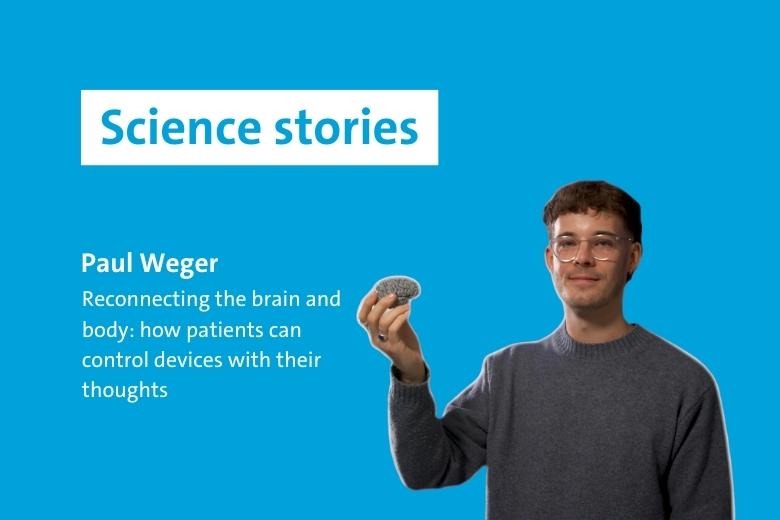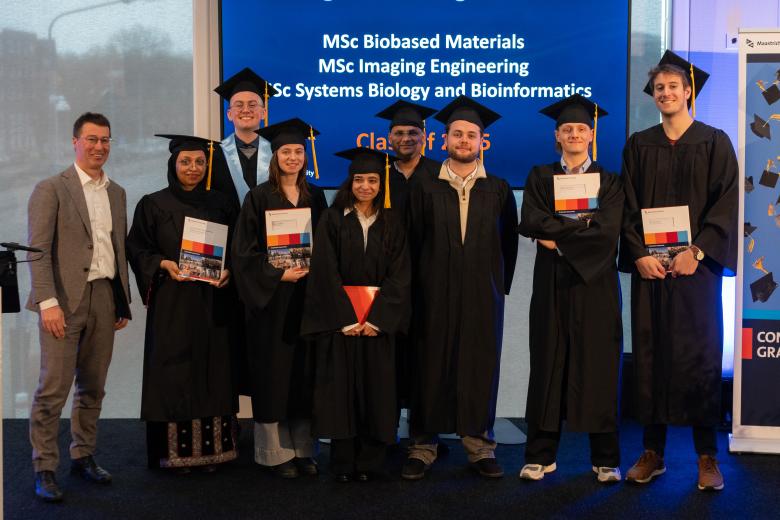Responsibility of experts
March 31st, 22:58. Hanneke Trines invites me to write a commentary or column on, for example, technology and the corona crisis. Several thoughts crossed my mind, such as maybe I can write something about all the trumpery that can be found on social media about the virus, its spread, and how to deal with this. The dominating thought, however, is that I should not write anything at all. After all, I am not an expert on SARS-CoV-2. It’s late already – I’ll write a reply to Hanneke tomorrow.
April 1st, 8:58. The deliberation-without-attention effect kicked in. That is exactly what I should write about. How annoyed I am about all these so-called experts. I’ll reply to Hanneke that I will write a commentary.
April 1st, 9:06. Hanneke replies very fast and positively. There are no guidelines – only a maximum word count of 800. Meanwhile, my mind is in overdrive. Is this actually specific to the current situation? Aren’t you always frustrated by this? Is a negative emotion actually an adequate point of departure from writing something? Why do we use writing as a form of expression anyway? What is the purpose of life? Okay – maybe it’s time to stop thinking about this. I am caught up in online meetings the rest of this morning, so that helps very much.
April 1st, 13:27. Some time to breathe again before my next meeting at 14.00. I should start my piece with a positive note. One of the positive aspects of the current situation is that social activities, especially during weekends, are very limited. That is not positive on its own, but it does give me somewhat more time to read again. I read The Death of Expertise by Tom Nichols very recently. This was on my pile of books-that-I-still-want-to-read for some time, but – in hindsight – there is no better timing than to read it now.
This book – as can be derived from its title – is very critical in nature. In short, it can be summarized as people are now exposed to more information than ever before, provided both by technology and by increasing access to every level of education. These societal gains, however, have also helped fuel a surge in narcissistic and misguided intellectual egalitarianism that has crippled informed debates on any number of issues. The beauty of this book is that it discusses multiple factors being responsible for this, such as university education (if anything, read this chapter), the way in which journalists do their job, but also experts themselves.
With regard to the latter, I was touched by a report from the front lines by professor-general practitioner Jochen Cals. To the question “how do you expect this situation to develop further in South Limburg over the coming weeks?” he gave the bravest answer: “I’m deliberately not answering this question.” The heterogeneity in answers given by experts might lead to people thinking “even the experts don’t know.” However, when taking a closer look, this appears to be unjustified.
The experts – meaning virologists – agreed on most things, such as the need to take action as soon as possible to #flattenthecurve, and this is also demonstrated by repeatedly using quotes like “viruses don’t recognise borders.” Experts even acknowledge the uncertainty there is by another often-heard quote “there is 50% certainty, but 100% decisions are required.” And our Prime Minister constantly acknowledges this expertise in all press conferences. Hooray!
My frustration results from experts not recognising borders. In contrast to viruses, experts have a great responsibility to recognise borders, otherwise it might result in ‘narcissistic and misguided intellectual egalitarianism’ as described by Nichols. The problem with that, which goes way beyond my own personal frustration, is that it leads to confusion and even ignorance among people. The last thing we need in this situation. So, virologists should talk about the virus and its characteristics, economists should talk about the effects of preventive measures on small and medium-sized enterprises, and so on. This does not mean that experts from different disciplines should not talk with each other, but that they should not talk about each other’s discipline. This also fits with the One Health approach that is used in infectious disease control. I’m glad to see that the current situation has also led to a quickly initiated expert portal for Dutch Social Sciences and Humanities. One day, I’ll be an expert too. Let’s hope I can live up to the responsibility.
Also read
-
Green school playgrounds boost concentration and wellbeing
Children at schools with green playgrounds are better able to concentrate and display more social behaviour. This is the conclusion of a follow-up study within the long-running project The Healthy Primary School of the Future .
-
Reconnecting the brain and body: how to control devices with your thoughts
Can you control a robotic arm with your thoughts? Paul Weger (MHeNs) studies this to give back independence to patients with neurological conditions.
-
Ron Heeren appointed fellow of the Netherlands Academy of Engineering
Professor Ron Heeren, distinguished university professor at Maastricht University (UM) and director of the Maastricht MultiModal Molecular Imaging Institute (M4i), was appointed as a fellow of the Netherlands Academy of Engineering (NAE) on Thursday 11 December.